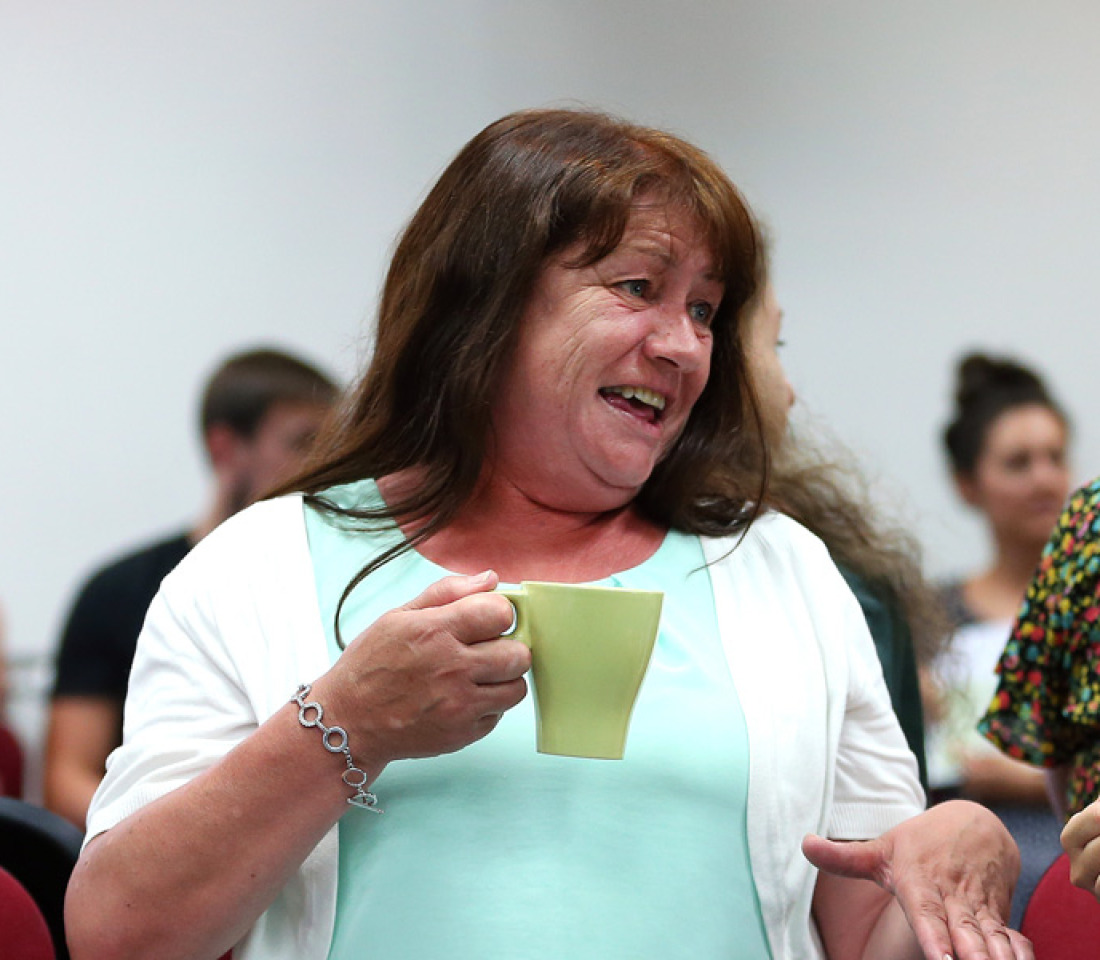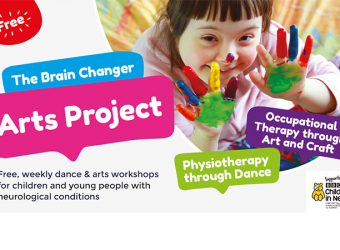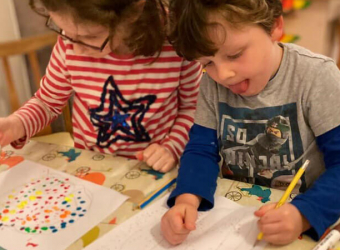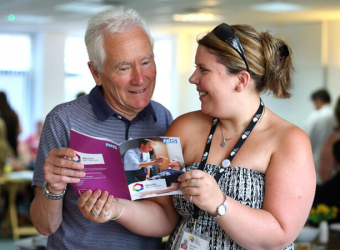What is hemiplegia?
Hemiplegia is a condition, the effects of which are similar to a stroke.
What causes hemiplegia?
Hemiplegia is caused by damage to the brain (most often before or around the time of birth).
What are the symptoms of hemiplegia?
Hemiplegia results in a varying degree of weakness and lack of control on one side of the body.
In one child this may be very obvious (he or she may have little use of one hand, may limp or have poor balance); in another child it will be so slight that it only shows when attempting specific physical activities.
Approximately half the children have additional diagnoses such as epilepsy, visual impairment or speech difficulties. Other challenges can include perceptual problems, specific learning difficulties or emotional and behavioural problems.
Once the disorder begins, the symptoms don’t get worse.


















